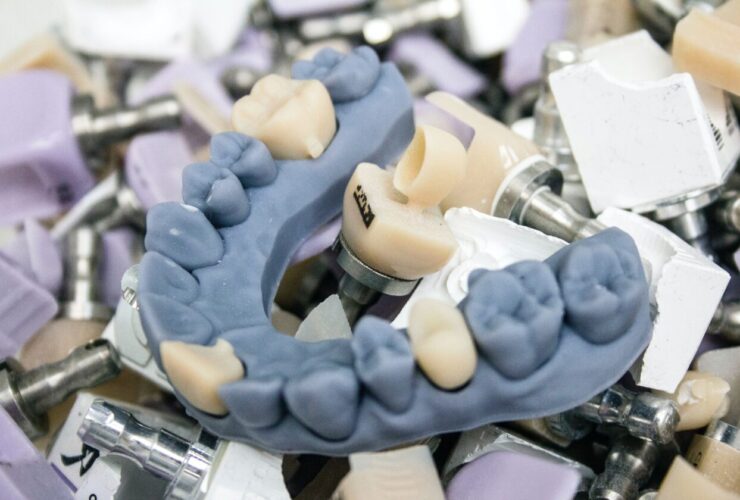Itchy skin, medically termed pruritus, is a common condition characterized by a tingling or irritating sensation that prompts the urge to scratch. While various factors can contribute to itchy skin, such as allergies, dryness, or underlying medical conditions, some individuals have reported experiencing itchiness after consuming pre-workout supplements.
Exploring the Impact of Pre-Workout Supplements
Beta-alanine, a prevalent amino acid found in many pre-workout supplements, is renowned for enhancing physical performance and reducing muscle soreness. However, it can also induce paresthesia, tingling, or itching.
Can Pre-Workout Make You Itchy?
Indeed, pre-workout supplements, especially those containing beta-alanine, can cause itching. Upon ingestion, beta-alanine stimulates neurons in the brain, resulting in paresthesia, characterized by tingling or itching sensations on the skin. Although this side effect may be uncomfortable, it is typically temporary and harmless.
Benefits of Beta-Alanine
Despite the potential for itching, beta-alanine offers several benefits for individuals engaged in exercise:
- Enhanced Physical Performance: Research suggests that beta-alanine supplementation can increase exercise capacity and delay fatigue during intense workouts. By elevating carnosine levels, beta-alanine helps buffer the accumulation of lactic acid in muscles, enabling individuals to sustain higher intensities for longer durations.
- Accelerated Muscle Recovery: Supplementation with beta-alanine may promote quicker muscle recovery between workouts. Beta-alanine helps reduce inflammation and muscle damage by stimulating carnosine production, potentially alleviating discomfort and expediting recovery from strenuous exercise sessions.
- Improved Endurance: Studies indicate that beta-alanine supplementation may enhance endurance, particularly in activities reliant on anaerobic metabolism. By delaying fatigue onset, beta-alanine enables individuals to perform better and maintain high-intensity efforts for extended periods.
Considerations and Recommendations
While the benefits of beta-alanine supplementation are significant, it’s essential to consider potential adverse effects, such as tingling or itching:
- Dosage: Adhering to recommended dosage guidelines can minimize the likelihood and severity of itching associated with pre-workout supplements containing beta-alanine.
- Alternative Formulations: Individuals prone to itching may opt for pre-workout formulations containing sustained-release beta-alanine or combine it with other ingredients to mitigate paresthesia.
- Consultation with Healthcare Professionals: Those with underlying medical conditions or concerns regarding pre-workout supplements should seek personalized advice and guidance from healthcare professionals.
Incorporating Pre-Workout Supplements Safely
To safely incorporate pre-workout supplements into your fitness routine, consider the following tips:
- Start Low: Begin with a lower dosage of pre-workout supplements, including beta-alanine, to assess tolerance and minimize itching.
- Monitor Symptoms: Pay attention to your body’s response to pre-workout supplements, particularly any tingling or itching sensations. Adjust the dosage or formulation as needed to optimize comfort and efficacy.
- Stay Hydrated: Adequate hydration is essential to support overall health and reduce the risk of adverse effects from pre-workout supplements. Ensure you drink enough water before, during, and after workouts.
- Maintain a Balanced Diet: Pre-workout supplements should complement a balanced, nutrient-rich diet to promote overall wellness and fitness goals.
Conclusion
While pre-workout supplements can enhance physical performance, individuals experiencing itching as a side effect should proceed cautiously and explore alternative dosages or formulations to alleviate discomfort. By understanding the relationship between pre-workout supplements and itchy skin, individuals can make informed decisions to support their fitness journey while managing skin-related issues. Prioritizing hydration, consulting healthcare professionals, and maintaining a balanced diet are essential for the safety and effectiveness of supplements.
References
- Healthline. (n.d.). Itching: Causes, Treatment, and When to See a Doctor. Retrieved from https://www.healthline.com/health/itching#treatment
- Healthline. (n.d.). Pre-Workout Supplements: Should You Take Them? Retrieved from https://www.healthline.com/nutrition/pre-workout-supplements
- Itch. (2023, March 11). In Wikipedia. https://en.wikipedia.org/wiki/Itch
- Health.com. (n.d.). What Is Pre-Workout? Retrieved from https://www.health.com/pre-workout-7106089
Was this helpful?

Joseph Emb, RDN
Founder of StyleVitally.com | Registered Dietitian & Wellness Advocate
What I Cover:
I’m passionate about connecting nutrition science and everyday wellness to help people live healthier, more vibrant lives. I write about evidence-based nutrition, mindful eating, sustainable lifestyles, and holistic well-being at StyleVitally.com.
My Background:
The University of Texas in Austin, where I earned my Dietetics diploma, laid the groundwork for my nutrition and health career. My training and hands-on experience taught me the science and art of using nutrition to enhance health and well-being.
Professional Journey:
I’m an RDN with lots of experience. I’ve helped people seeking tailored nutritional recommendations in clinical settings and community outreach programs. My constant learning and professional development ensure that my recommendations are always based on the latest evidence.
Ethical Commitment:
My practice prioritizes integrity. My content is transparent and objective, following the most significant ethical standards. I can give my audience unbiased advice because I’m not affiliated with food businesses or industry associations. I want to help people make informed health decisions that match their values and ambitions.
Join Me on the Wellness Journey:
Join me on the path to vitality and well-being, whether facing nutritional issues, seeking sustainable lifestyle changes, or simply wanting a better, happier you. We’ll discover how diet, mindfulness, and holistic well-being can maximize your potential.









